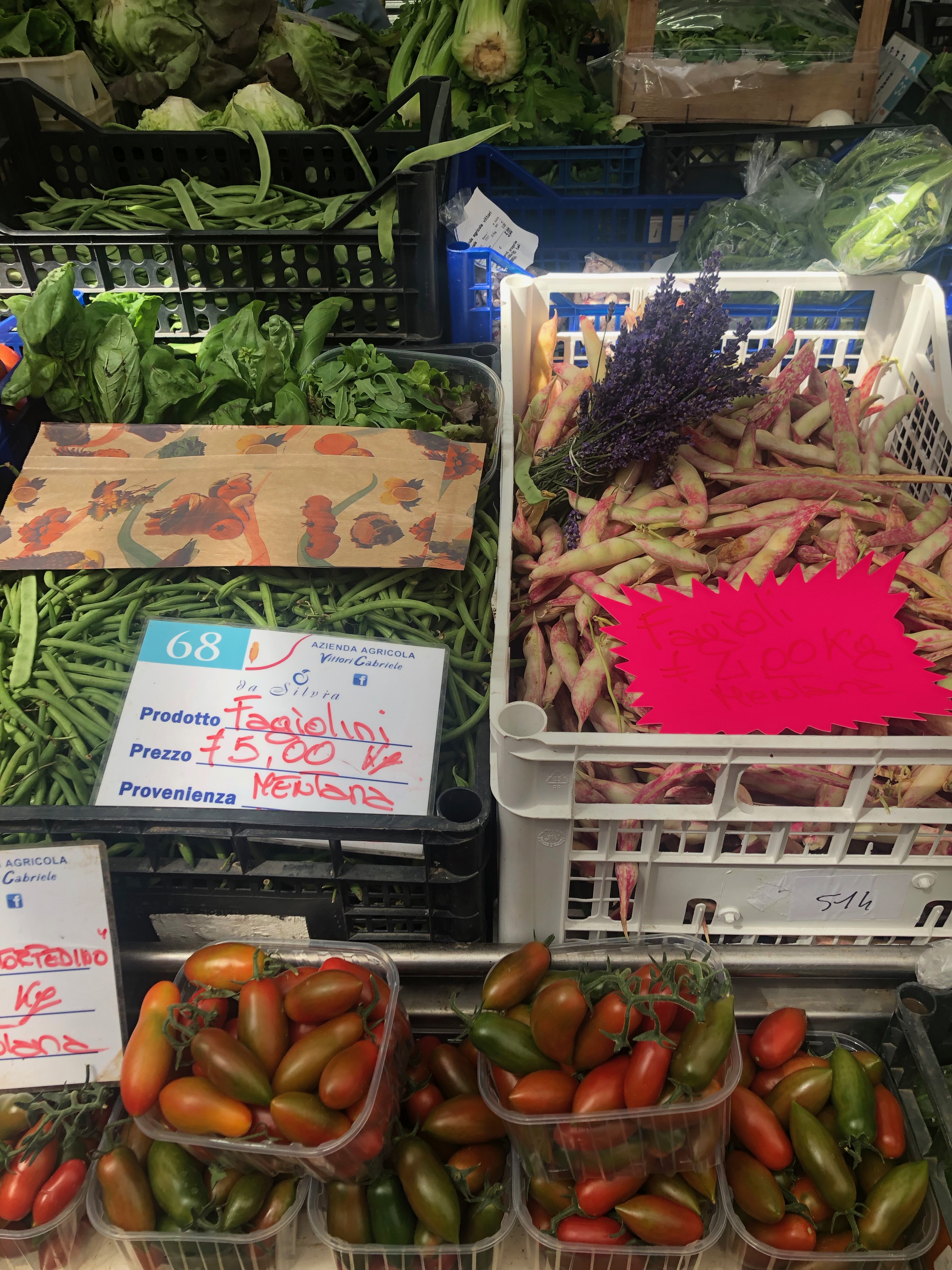
April 27, 2020, by Lexi Earl
Global trading: the good, the bad and the essential
This post is written by Lucy McCarthy (QUB), Anne Touboulic (University of Nottingham), and Lee Matthews (University of Nottingham).
In our last post, we began our journey considering food supply chains in times of pandemic and we touched upon their history. Here, we further consider some of the flaws in our globalised food systems and the historical trading patterns upon which they are based, which have remained largely unquestioned for centuries. Food is essential but the way consumer demands have shaped our food systems through overproduction and consumption is not.
We find ourselves dependent on socially unequitable and environmentally degrading global supply chains. Not all supply chains are created equal and there is no denying that in this crisis we need to pull together to meet ventilator demand and that staying global could be vital. Yet when it comes to food supply chains we need to think differently. How did we get to system where a banana costs 15p? And why do those who labour the most receive the least?

Source: Fairtrade Foundation 2014; Banana Link 2015
The figure below shows how small-scale farmers and workers have been squeezed within food value chains in the last 24 years

Source: Oxfam Ripe for Change report, 2018 p. 18
Despite this clear inequality, we often justify these practices and prices to ourselves by considering them outside their context, disregarding their very real costs. Economically, these inequalities are justified by ‘free trade’. Socially, we like to think that our consumption provides jobs. As Unilever describes it, by purchasing their products, they ‘feed the farmers that feed us’. We are creating jobs, but what do we say to the 8 year olds that are picking our cocoa? Environmentally, our consumption patterns in the global North are changing the landscape for food producers globally. For instance, coffee growers are finding it increasingly difficult to grow their crops as global temperatures fluctuate. Those who can, move to find the ‘right’ conditions, those who cannot experience the first wave of climate apartheid and poverty.
Poverty is both a macro-economic and a micro-economic problem. Poverty in ‘developing’ countries cannot be understood without reference to the global political economy that is controlled by ‘developed’ countries. The exploitative relationship between the ‘developed’ and ‘developing’ countries is a major driver of poverty and hazard for the people of the ‘developing’ countries. The global supply chains of multinational companies are often the mechanisms through which this exploitation is organised. Our quests for new foods and superfoods, such as quinoa, has priced these developing nations out of their own staples.
Surely though, it must be better for local food producers in the UK? But increasingly, only large-scale producers are able to compete. And despite Brexit, and the push for local people doing local jobs, we are lacking essential food workers. This pandemic has highlighted our shortage of ‘local’ people to do manual jobs and the likelihood is we will once again have to import workers to do this essential work – we are even having to turn to volunteers for this essential work. And this isn’t unique to the UK. The French government, for example, has officially called upon unemployed people to join the “army of agriculture” to feed the nation.
UK farmers are no strangers to exploitation either

Now, more than ever, is the time to reflect on our consumption patterns and think about what we are eating. We need to consider the real cost of food, and as food poverty spreads, we call for more inclusionary food systems for all, which we believe will help us to avoid future pandemics.
Next Post
Genomic sequencing and Covid-19No comments yet, fill out a comment to be the first

Leave a Reply